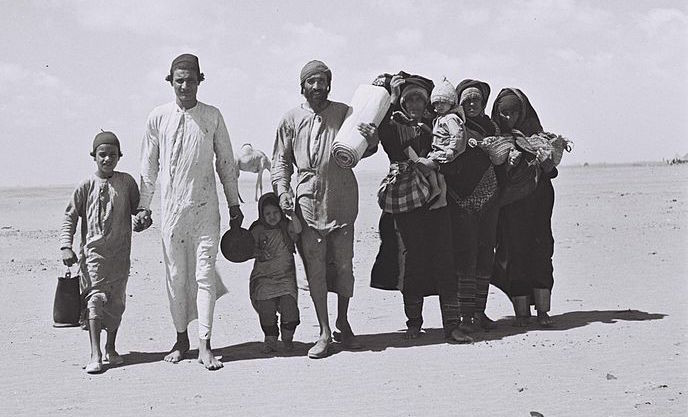Islamic State slave trade highlights broader issue
Every evening, silence reigns in the Khanke refugee camp near the Kurdish city of Dohuk in northern Iraq. Winter has already arrived, bringing with it rain, mud, and cold.
A fire has been lit for warmth, but the flame is potentially dangerous. A Yazidi family is crowded into each tent. The tents afford no protection from the rain, and if any of the structures catch fire, they can turn into death traps. About 60,000 Yazidis live in this camp.
Last summer, they managed to survive and escape Mount Sinjar, which was taken over by the Islamic State terror group. Every person at the camp knows someone who was either killed or wounded, or is currently missing. Every refugee has a sister, wife, or daughter who was kidnapped and raped.
Some of them have already seen the video footage on YouTube showing the modern slave markets in Syria and Iraq, and the women who have fallen into bondage.
According to these video clips and the accounts that are trickling out of Raqqah, the Islamic State “capital” in Syria, and from Mosul, its stronghold in Iraq, the women are sold at auction to the highest bidder. Prices vary—virgins are worth $100, while women who have borne children fetch roughly $10. The jihadists of Islamic State, using passages from the Koran as their justification, regard the Yazidis as idol-worshippers who may be bought and sold like sheep.
The situation is growing worse in regions taken over by Islamic State. Public executions and amputations mandated by Shariah, the Islamic system of religious law, are carried out every day just a few miles from the Turkish border. Children under 10 years old train with live ammunition, and thousands of Yazidi and Kurdish women are enslaved.
The Muslim world looks on in silence—almost no condemnations are heard, perhaps because some of the norms of the Islamic caliphate established by Islamic State leader Abu Bakr al-Baghdadi are customary in other places in the Middle East.

 50.0°,
Light Rain
50.0°,
Light Rain 




